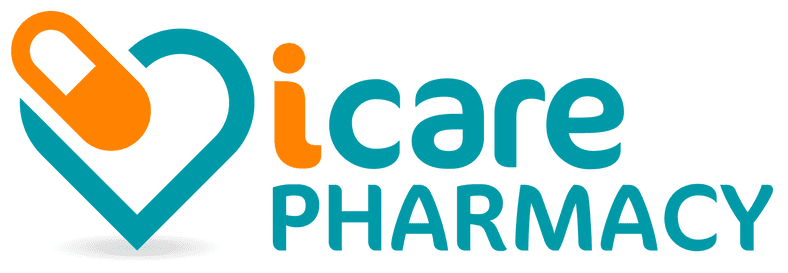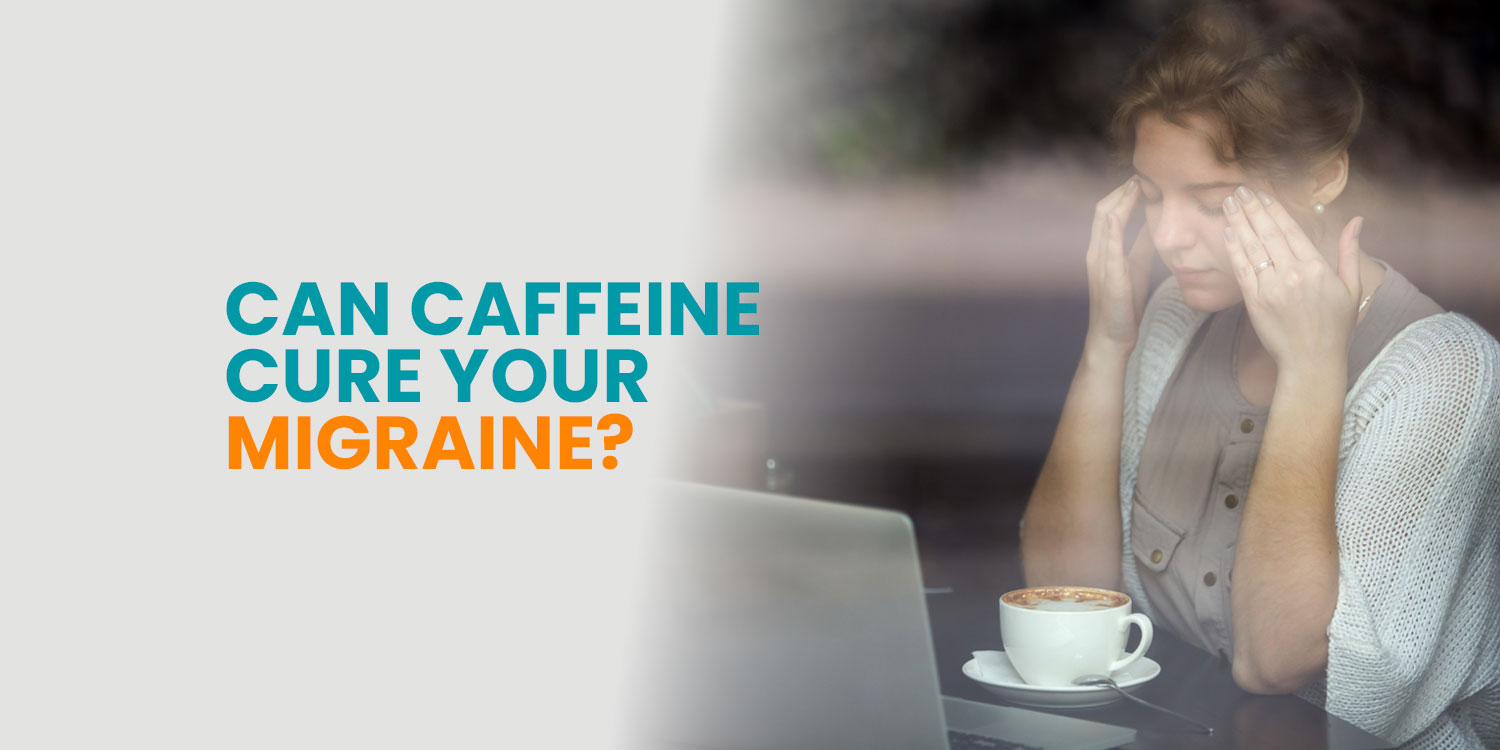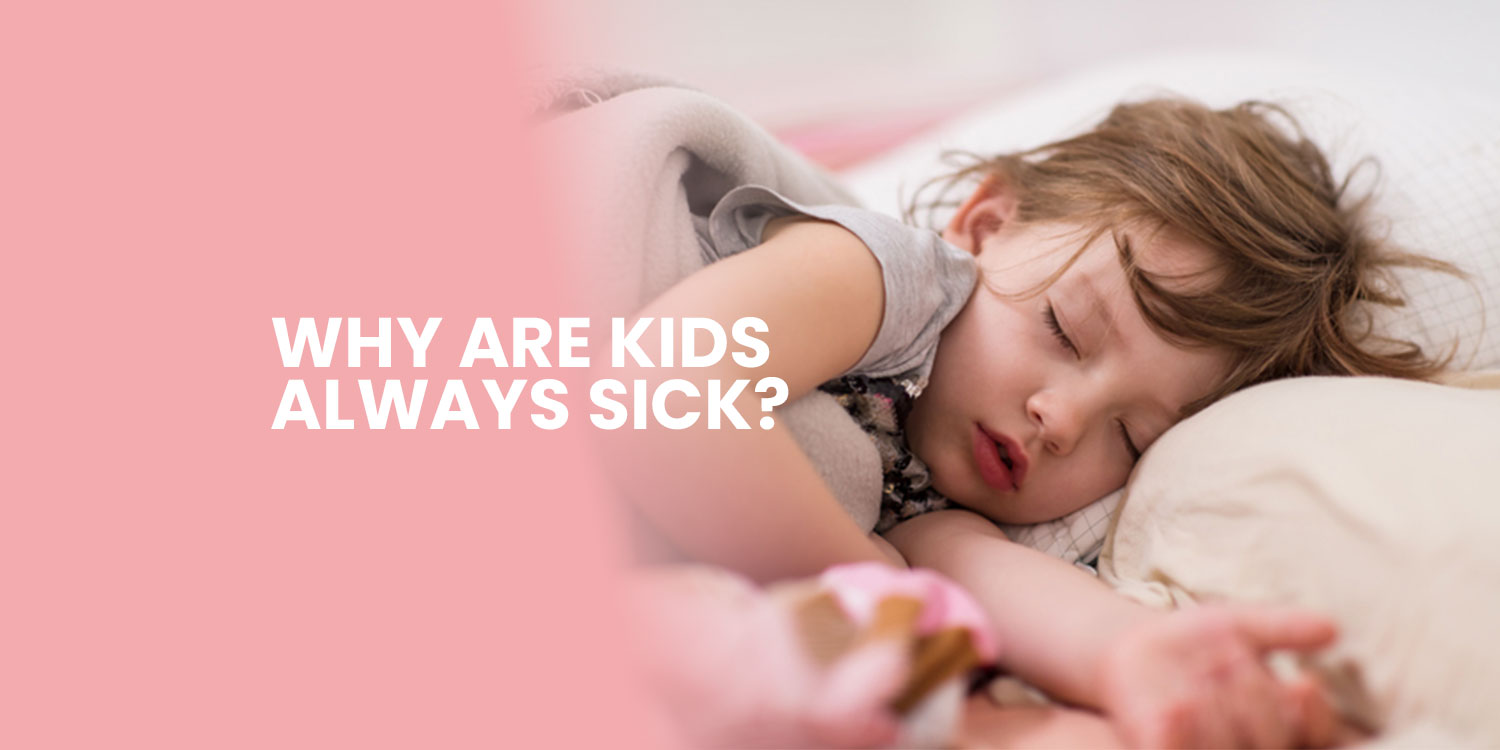Pharmacy Question of the Day: Can a Simple Cup of Coffee Be the Remedy to Your Migraine Woes?
It’s not uncommon to reach for a caffeine boost when a migraine strikes. After all, that morning cup of coffee seems to provide a quick pick-me-up. But is this a reliable remedy, or could it be doing more harm than good? Let’s explore the complex relationship between caffeine and migraines.
Caffeine’s Role in Migraine Relief
Caffeine is a well-known stimulant that can influence blood vessels in the brain. When a migraine occurs, blood vessels may dilate (expand), increasing pressure and contributing to pain. Caffeine, a vasoconstrictor, helps shrink these blood vessels, potentially reducing headache intensity and providing relief.
This is why some over-the-counter and prescription migraine medications, such as Excedrin Migraine, include caffeine as an active ingredient. Studies suggest that caffeine can enhance the effectiveness of pain relievers like acetaminophen and ibuprofen when used in combination (Silberstein et al., 2012).
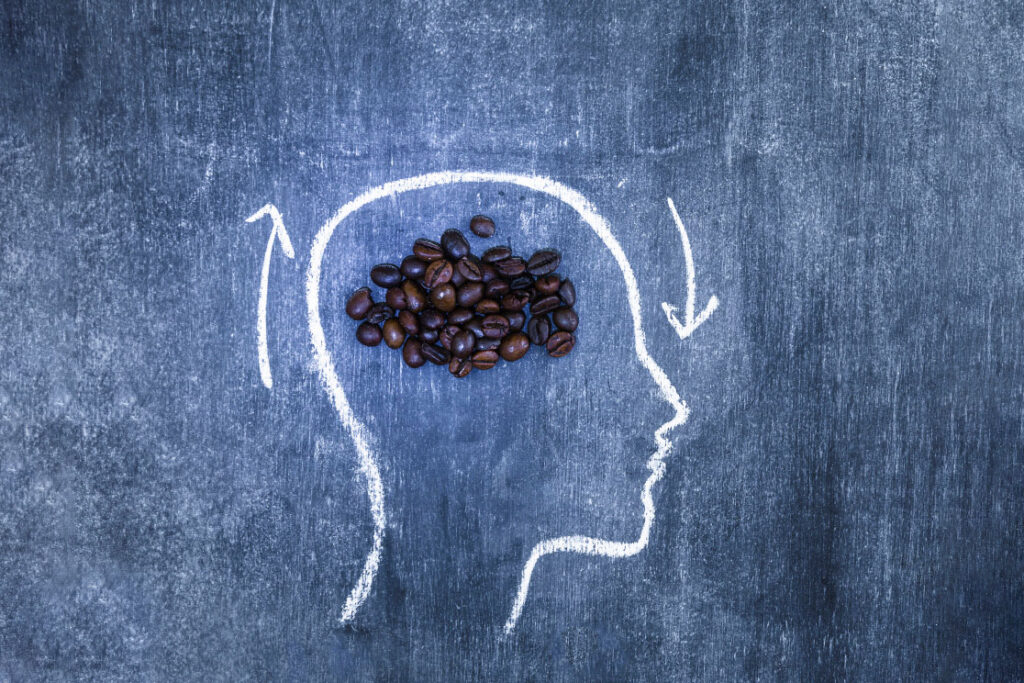
The Double-Edged Sword: Caffeine Dependence and Rebound Migraines
While caffeine can offer temporary relief, regular consumption can lead to dependence. If your body becomes accustomed to a steady caffeine intake, skipping your usual cup of coffee may trigger withdrawal symptoms, including headaches. This phenomenon is known as a rebound or withdrawal headache.
Rebound migraines occur when habitual caffeine users experience worsening headaches due to fluctuating caffeine levels in their system. Research indicates that individuals who consume caffeine daily are more prone to developing chronic migraines compared to occasional consumers (Lipton et al., 2017).

Tracking Your Triggers: The Importance of a Migraine Diary
Because migraines have multiple triggers—including stress, sleep patterns, dehydration, and diet—keeping track of your symptoms can be invaluable. A migraine diary allows you to log:
- The frequency and severity of migraines
- Caffeine intake (type, amount, and time of day)
- Other dietary habits
- Sleep patterns and stress levels
This data can help identify whether caffeine is helping or worsening your migraines. If you suspect caffeine is a trigger, gradually reducing consumption (rather than quitting suddenly) can minimize withdrawal symptoms.
The Takeaway: Should You Drink Coffee for Migraines?
Caffeine can be a helpful migraine remedy for some people, but it’s not a one-size-fits-all solution. If used occasionally and in moderation, it may provide relief. However, excessive or daily caffeine consumption increases the risk of dependency and rebound headaches.
If you experience frequent migraines, consulting a healthcare professional and tracking your triggers can be the best approach to managing your condition.
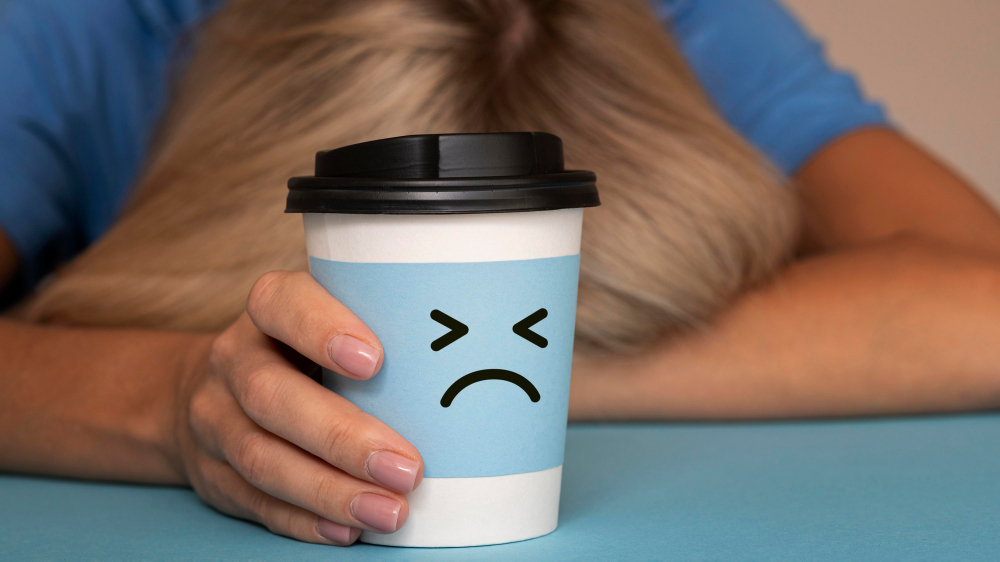
References
- Silberstein, S. D., et al. (2012). “Efficacy of caffeine in migraine treatment: A review.” Journal of Headache and Pain, 13(5), 411-418.
Lipton, R. B., et al. (2017). “Caffeine intake and the risk of chronic daily headache: A population-based study.” Neurology, 89(3), 293-301.
